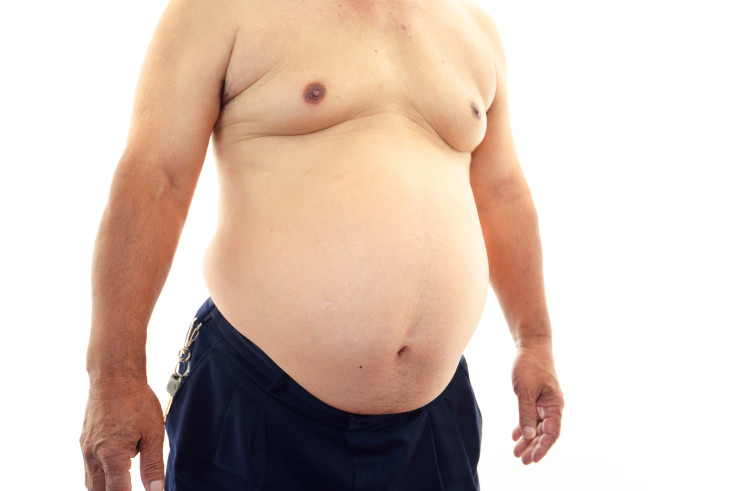Obesity Risk Factors: Although Obesity Can Happen To Anyone, Certain People Are At A Higher Risk Than Others

Recently, it’s become hard to read a newspaper or magazine without coming across at least one article relating to today’s obesity epidemic. While calling it an epidemic may sound strange, considering that more than one-third of American adults are obese, the title is actually quite suitable. Still, despite the fact that certainly anyone is at risk for obesity, there are certain types of people who may be more prone than others.
Those With Obese Parents
Though this is far from a sole determining factor, your genes can affect the amount of body fat you store and where in your body that fat is distributed. According to the Mayo Clinic, other fat-related factors, such as metabolism rates and how efficiently you burn calories when exercising, also have genetic roots. However, these genetic dispositions to fat are very weak and easily overcome. It’s more likely that the environment and habits of obese parents contribute more to their children’s weight than their genes will, according to the University of Rochester. When children, all we know is what we observe in our homes. Parents' eating and activity habits set a precedent for their children’s and may lead them to be more likely to follow them in a lifetime of obesity.
Those Who Recently Gave Up Smoking
A common reason for individuals not to give up smoking is that it may lead to weight gain, and I’m sorry to say it, but they’re right. Of course, not every single person who gives up smoking will gain weight, but enough do that scientists decided to look into what exactly was going on here. According to Time, the average smoker will put on about 10 pounds when initially kicking the habit, but Mayo Clinic added that some individuals can gain much more. I wish that I could tell you that the reason for this weight gain had to do with the disappearance of nicotine’s amazing fat-burning powers, but unfortunately researchers believe it has to do more with personality traits typically shared by most smokers.
“Those who decide they need help to stop smoking tend to lack self-efficacy. They might have similar problems with the dietary and physical activity behaviors important in weight control,” Esteve Fernandez, an associate professor of epidemiology at the University of Barcelona and Simon Chapman, a professor of public health at the University of Sydney, explained in an editorial on smoking and weight gain. Once again, this weight gain doesn’t occur in all ex-smokers and for those who do experience it, researchers found that the weight gain begins to decrease after about three months.
Those Who Are Mothers
Yet another stereotype that is unfortunately backed by science is women being slightly more likely to become obese after becoming mothers. It’s inevitable for women to gain weight during pregnancy, but for a large number of new mothers, losing the extra weight can be incredibly difficult once the baby is born. Mayo Clinic lists pregnancy as a noteworthy contributor to the development of obesity in women.
For the most part, this may not be entirely their fault. It was previously believed that humans only form new fat cells during infancy and puberty, but according to one pregnancy site, it was found that women actually add new fat cells during the last trimester of pregnancy. Although diet and exercise can shrink fat cells, for the most part, they simply don’t just go away. New mothers will find themselves with new fat cells that evolved as a way to help her and her new baby during times of famine, but in modern times just make losing that extra pregnancy weight extra frustrating.
Those Who Don’t Get Enough Sleep
I know that the last thing that people who don’t get enough sleep need is one more thing to keep them up at night, but numerous studies have shown that loss of zzz’s can increase one’s waistline. Staying up late at night can mess with a person’s hormone levels. Hormones control everything from our sexuality to our appetite. Abnormal sleep patterns can cause your appetite to be altered, and consequently your weight will fluctuate. According to Today Health, people who slept less than eight hours a day had larger increases in body fat than those who slept more. The New York Times found that this trend exists in both adults and children, reporting that the less that both adults and children sleep at night, the more likely they are to be obese.
“There’s something that changes in our brain when we’re sleepy that’s irrespective of how much energy we need,” Dr. Kenneth P Wright Jr., the director of the sleep and chronobiology lab at the University of Colorado at Boulder, explained to The Times.



























